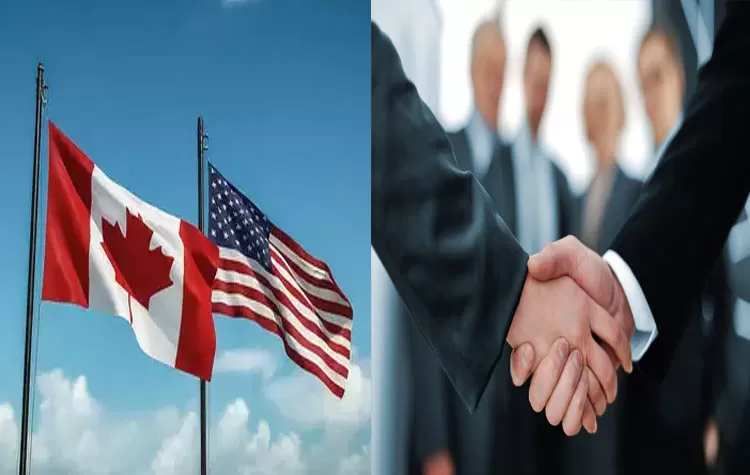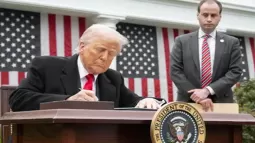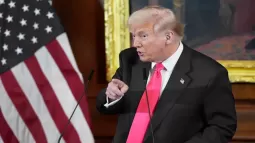
The long-standing US-Canada economic relationship has also turned a dramatic corner since Donald Trump's trade policies were made. Trump, in office, has levied tariffs on products from Canada as well as taking other steps which increased tensions. Recently, with a declaration of a 25% tariff on imports of cars, the step has been severely opposed by Canadian Prime Minister Mark Carney. According to Carney, the action signals an end to the long-standing traditional relationship between US and Canada.
Canada's Reaction to US Tariffs
After Trump's tariff declaration, Prime Minister Mark Carney came back to Ottawa, ending his election campaign. He immediately called a meeting with cabinet ministers to discuss Canada's approach in the new trade conflict with the United States.
Carney condemned the tariffs as unfair and harmful. He stressed that these policies mark a fundamental change in the economic, security, and military relationships between the two countries.
"Trump's tariffs are not fair. In doing so, he is forever changing the US-Canada relationship. The period of economic collaboration, security partnership, and military alliance as it was has ended today. We will respond to these tariffs with retaliatory measures to defend our national interests," Carney declared.
Retaliatory Measures Against the US
Canada has promised to implement retaliatory trade measures against the US-imposed tariffs. Prime Minister Carney guaranteed that the counter-reforms would have a decisive effect on the US economy, defining Canada's tougher response to protecting its trade interests.
With the economic relations strained, the prospects for future US-Canada trade relations are unclear, representing a turning point in North American economic relations.













